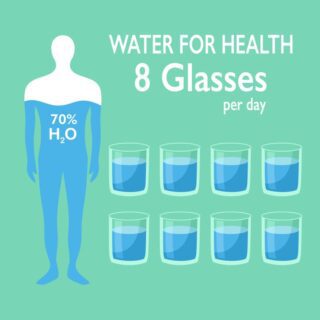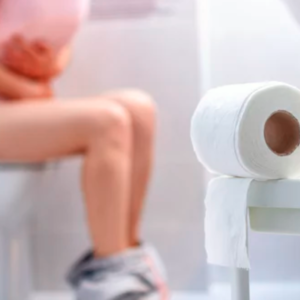What causes kidney stones?

Kidney stones are deposits of hard minerals and salts that form in the kidney. They can form because of diet, obesity, and certain medical conditions. A kidney stone may form in any part of the urinary tract, from the kidneys to the ureter. A stone will typically form when urine gets concentrated, which allows the minerals to adhere to each other and crystalize. Passing a kidney stone can be very painful. The stone itself may not cause permanent damage if it is identified early. If the stone is small enough, it can be passed without additional medical intervention and increased water intake. However, if a stone becomes lodged in the urinary tract, an infection or other complications may follow, and surgery may be needed.
A kidney stone usually does not cause symptoms until it moves around inside the kidney or goes into one of the ureters. If the stone becomes stuck in the ureters, it can block flow of urine and cause the kidney to swell or the ureter to spasm which can be very painful. Kidney stones may cause severe sharp pain in the side and back below the ribs, pain radiation to the lower abdomen and groin, pain that comes in waves and fluctuates in intensity, pain or burning when urinating. Other symptoms that may arise include pink, red, or brown urine, cloudy or foul-smelling urine, a need to urinate or urinating more often and small amounts, nausea and vomiting, and fever and chills if infected. The location of pain may change throughout the course of passing the stone as it moves through the urinary tract.
You should make an appointment to see your doctor if you are experiencing severe pain and can’t get comfortable, pain with nausea and vomiting, pain with fever and chills, blood in the urine, or difficulty urinating.

This article reviewed by Dr. Jim Liu, MD and Ms. Deb Dooley, APRN.
There’s nothing more important than our good health – that’s our principal capital asset.
#medical #telehealth #umedoc










